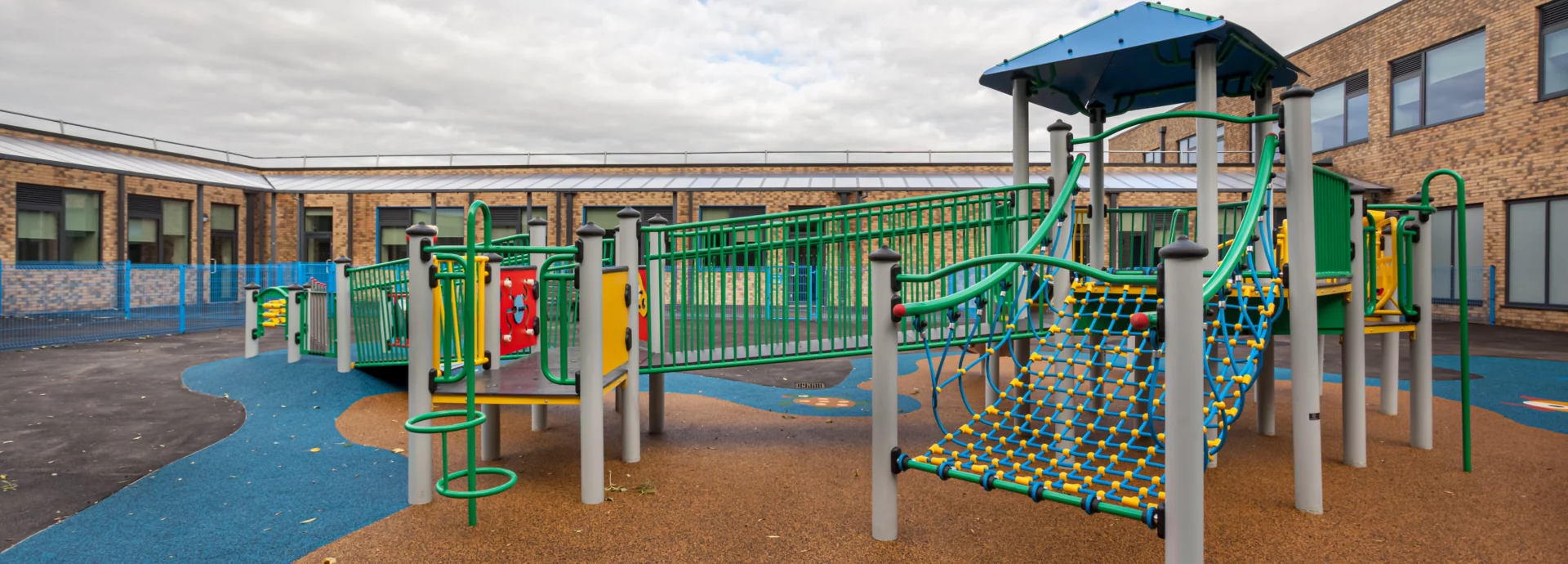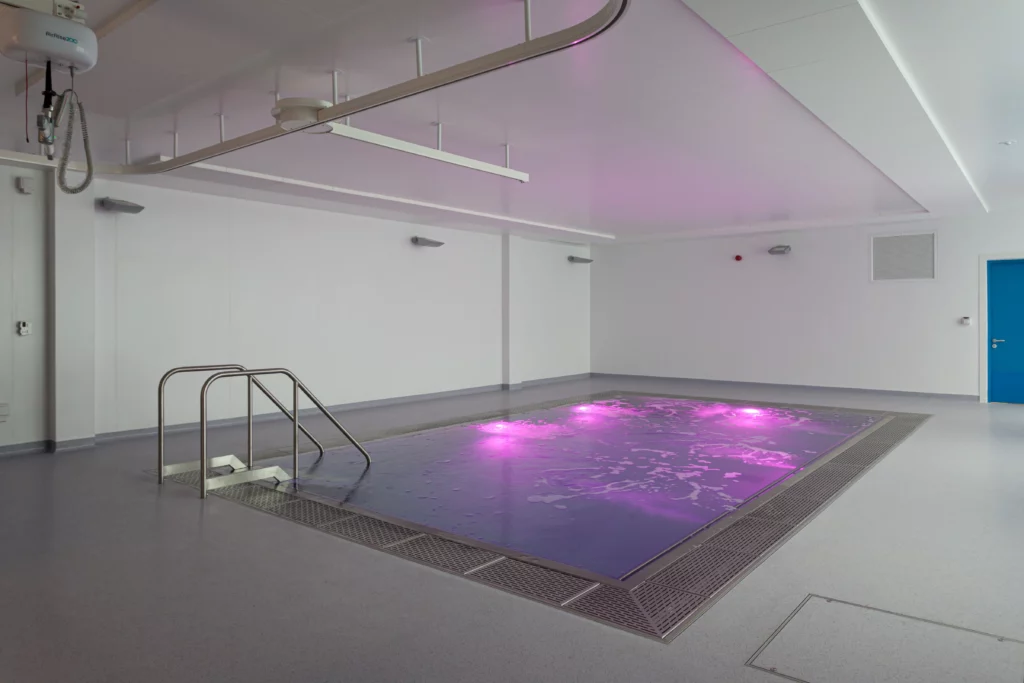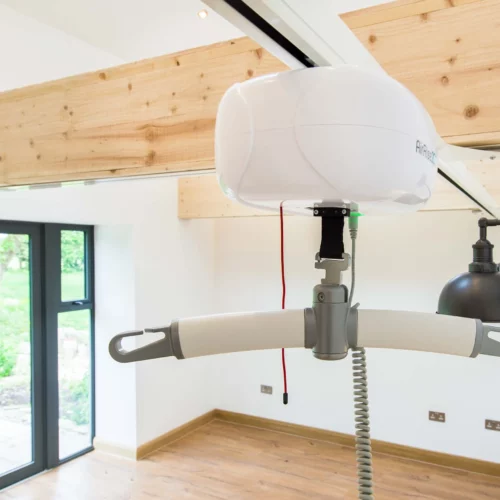What is a SEN School?
Posted on 9 December 2024 By Lucy Fisher

In This Article
SEN schools—short for Special Educational Needs schools—are institutions designed specifically to cater to children with special educational needs. These needs can vary widely, ranging from physical disabilities and sensory impairments to learning disabilities and behavioural challenges.
SEN schools play a vital role in ensuring that every child, regardless of their individual needs, has access to appropriate education and support that enables them to thrive.
In this post, we’ll explore what SEN schools are, the different types of special educational needs they address, and the key features that set them apart from mainstream schools.
What are Special Educational Needs (SEN)?
Special Educational Needs, or SEN, refer to any condition that makes it more difficult for a child to learn and access education in the same way as their peers. These needs can present in various ways, affecting a child’s physical, emotional, cognitive, or social development.
SEN can broadly be categorised into four key areas:
- Communication and Interaction: Children with speech, language, and communication difficulties (SLCN), such as those with autism spectrum disorder (ASD), fall into this category. They may find it challenging to interact with peers, understand social cues, or express themselves verbally.
- Cognition and Learning: This includes children with learning disabilities such as dyslexia (difficulty reading) or dyspraxia (motor skill difficulties). These children may require additional support in subjects like reading, writing, and maths.
- Social, Emotional, and Mental Health Needs: Children who experience emotional or behavioural disorders (EBD), such as ADHD, anxiety, or depression, fall into this category. These children may struggle with the regulation of emotions, maintaining focus, or social interactions.
- Sensory and Physical Needs: Children with physical disabilities or sensory impairments (like vision or hearing impairments) may require modifications to the environment and specialised equipment to help them access the curriculum and move around their school.
SEN schools are designed to provide a more tailored educational experience for children who require additional support in any of these areas. They often offer smaller class sizes, specialized teaching staff, and a more flexible curriculum to accommodate the individual needs of their students.

Hydrotherapy Pools within SEN schools are becoming increasingly important.
Why are SEN schools important?
Given the different types of support provided by SEN schools, we cannot understate their importance. They give students with different needs the ability develop and reach their potential in an environment that allows them to feel empowered and safe.
SEN schools give learners equal access to education, a supportive environment for them to thrive in, and opportunities for holistic development that will help in everyday life.
Types of SEN schools
SEN schools come in a variety of forms, each designed to meet specific needs. Broadly, these schools can be classified into three categories:
Specialized Provision within Mainstream Schools (SEN Units or Resource Bases)
Some mainstream schools have specialised provisions, often referred to as SEN units or resource bases. These units cater to children with a particular type of special educational need, but allow them to remain integrated with the wider school community for certain activities. For instance, a child with hearing impairment might spend the majority of their time in a mainstream school, but also receive speech therapy and support from specialists within the SEN unit.
Special Schools
Special schools are independent institutions dedicated to supporting children with a wide range of needs. They typically provide more intensive support than mainstream schools and offer specialised resources, facilities, and highly trained staff. Special schools may cater to specific needs, such as schools for children with autism, physical disabilities, or learning disabilities.
Alternative Provision (AP) Schools
Alternative provision schools are designed to support children who have significant behavioural or mental health needs that cannot be adequately addressed within mainstream education. These schools provide a more flexible and therapeutic approach to learning, often offering a combination of academic education and emotional support. They are typically smaller in size and work closely with health professionals.
How do SEN schools work?
The primary goal of a SEN school is to create an environment where children with special needs can learn, develop, and succeed to the best of their abilities. To achieve this, SEN schools focus on:
Personalised Learning Plans
Each child in a SEN school typically has a personalised learning plan (PLP) or education, health, and care plan (EHCP) that outlines their individual needs, goals, and the specific support they require. These plans are regularly reviewed and updated to ensure that the child’s needs are being met and that they are making progress.
Specialised Teaching
SEN schools employ teachers who are specially trained to work with children with various types of learning, physical, and emotional needs. These teachers use a range of techniques, such as visual aids, hands-on activities, or assistive technologies, to support learning in ways that are most effective for each student.
Smaller Class Sizes
One key feature of SEN schools is smaller class sizes, which allow for more individual attention. This helps ensure that each child receives the support they need, whether that’s extra time on a task, one-on-one teaching, or specialised equipment.
Support Services
SEN schools often provide an array of additional services, including speech and language therapy, occupational therapy, behavioural support, and mental health services. These services are integrated into the school day, providing a holistic approach to the child’s well-being and development.
Inclusive Environment
Although SEN schools are specialised, they are also designed to be inclusive, ensuring that children feel accepted and valued. In turn, this promotes social and emotional learning.
How many SEN schools are there in the UK?
Currently, there are over 1100 SEN schools in the UK. Around 1000 in England, 111 in Scotland, 40 in Wales, and 39 in Northern Ireland.
These SEN schools will be fitted with specialist equipment to help students move around the facility and make the most of their space. Things like overhead hoists, changing tables, and even hydrotherapy pools are installed and used to ensure that the students have everything they need to be able to learn and develop.
Conclusion
SEN schools play a crucial role in supporting children with a wide range of special educational needs. These schools provide a nurturing, tailored educational experience that allows students to succeed in ways that might not be possible in a mainstream setting.
By focusing on individualised learning, smaller class sizes, and specialised support services, SEN schools help ensure that every child has the opportunity to reach their full potential, both academically and personally.
Related Products
Speak to The Experts
Need assistance with product enquiries, general inquiries, or product support? Our Phonelines are open 9am - 5pm Monday to Friday
0113 519 0319
Or, fill out the form for a call back.

